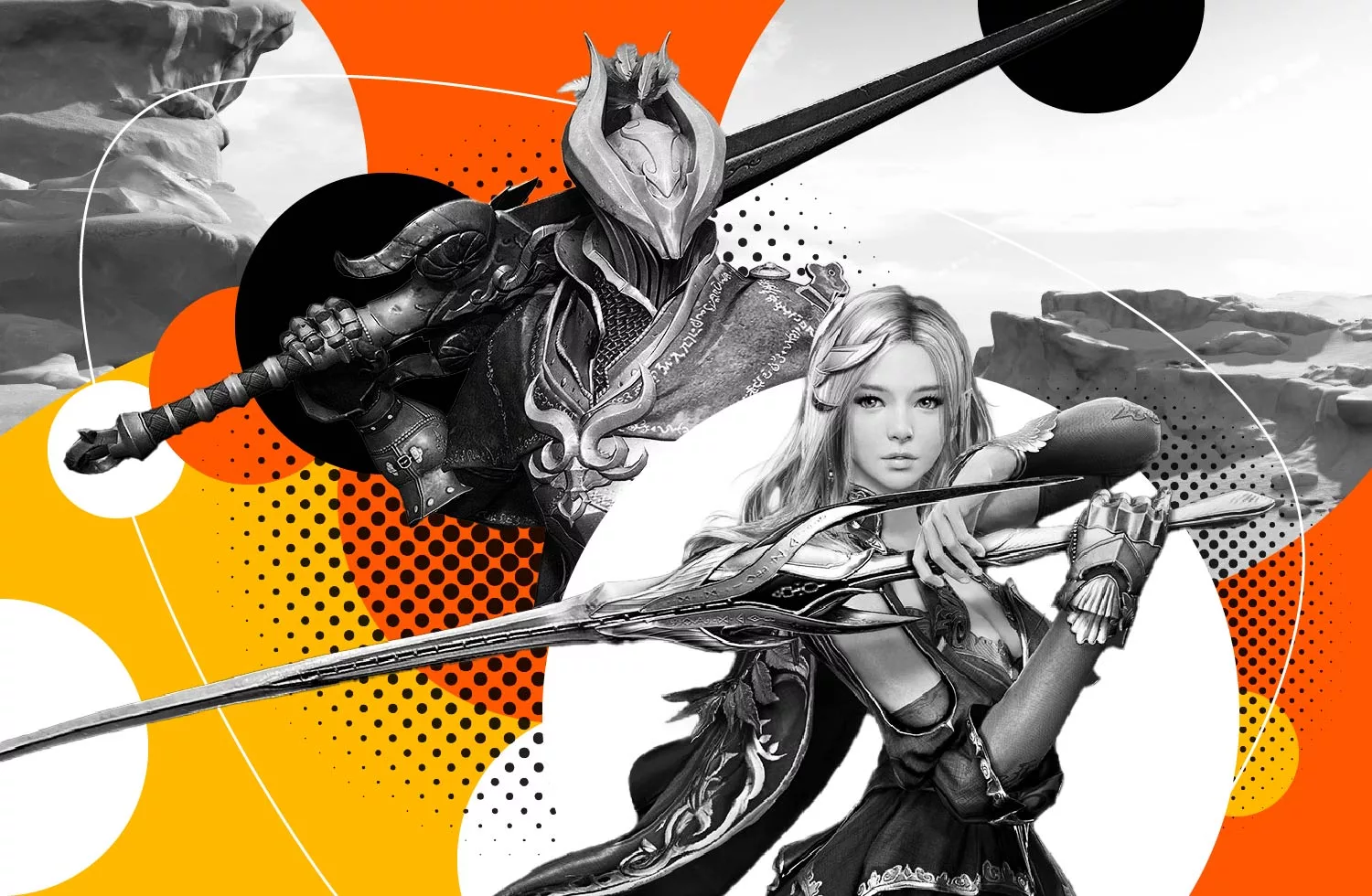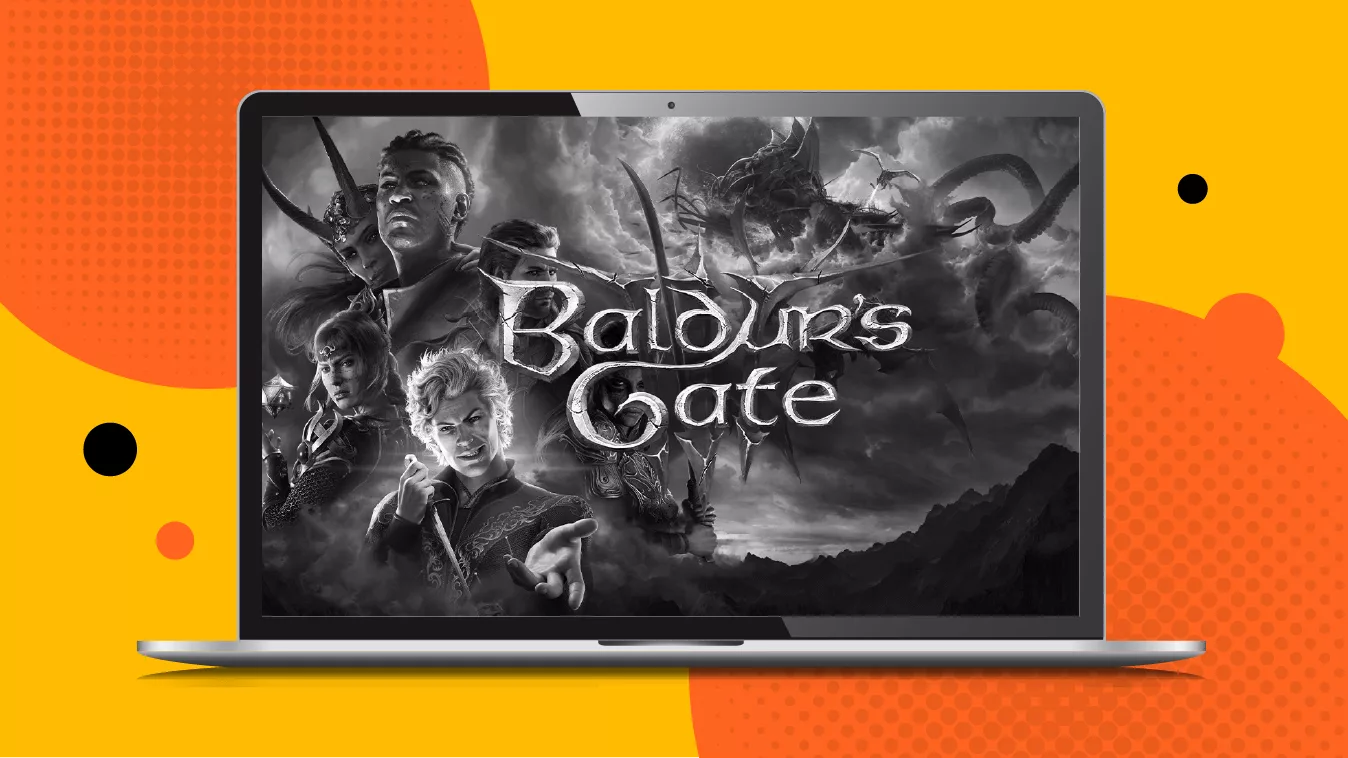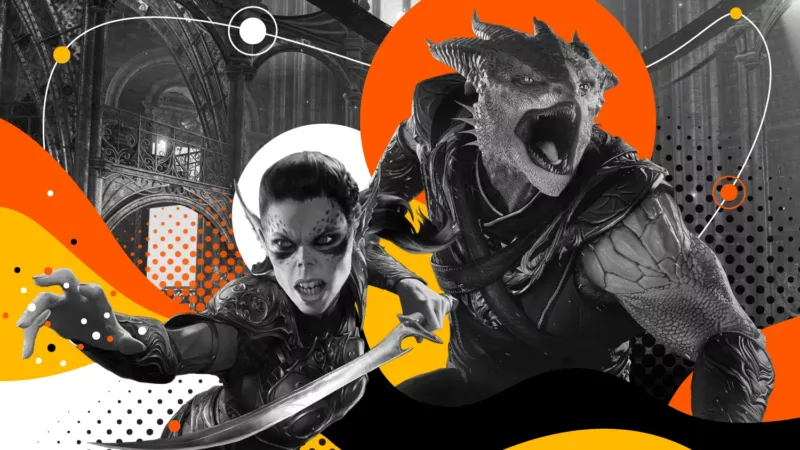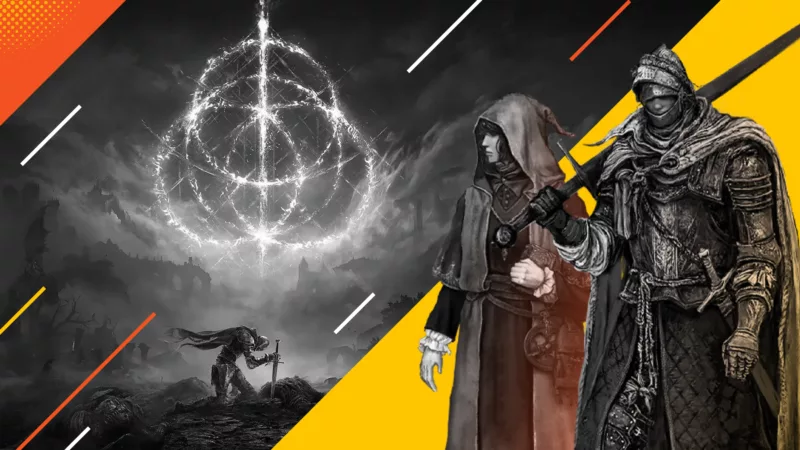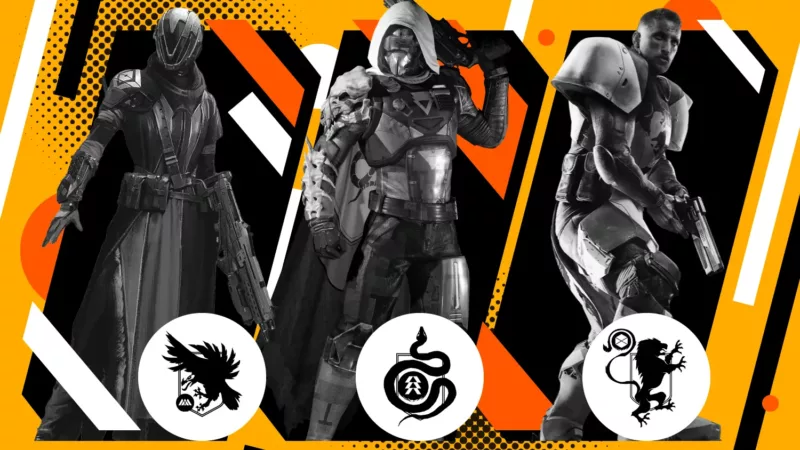
When you hear someone talking about Dungeons & Dragons classes (D&D or DnD for short), you may be thinking that they’re offering lessons on how to play the game. It’s easy to see why someone who is not very familiar with the game might get that impression. What DnD classes actually refer to are the different character types. Knowing and learning about them, however, could be seen as actually knowing how to play the game.
So, if you want, you can take this article as a little lesson. We’ll explain everything you need to know about the various DnD classes and discuss why they matter.
What Are the 12 Classes in DnD?
All DnD classes have their own unique features and abilities. In this section, we’ll guide you through the 12 main DnD classes and list a few of their most crucial attributes. This insight into DnD character classes will help you a lot when you start playing the game.
Barbarian
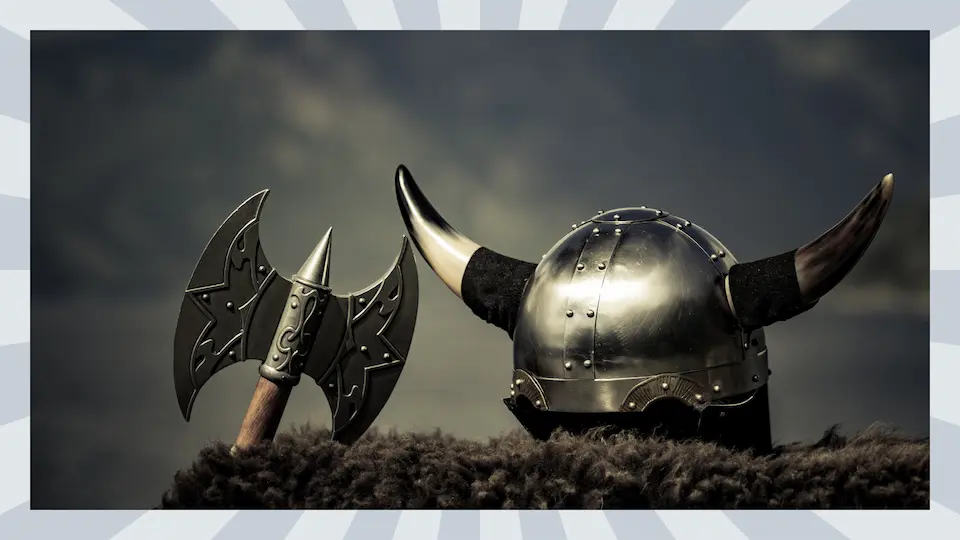
The Barbarian was, initially, a sub-class of the Fighter. However, it evolved into a standalone class known for excelling in combat through a combination of fury and force.
The Barbarian is often less skilled than a fighter, but powerful enough to make up the deficit with overall strength and aggression. If you’re thinking of Conan then you’ve got the right idea.
Proficiencies
- Armor: Light and medium armor + shields.
- Possible Equipment: A great ax, any martial melee weapon, two-handed axes, any simple weapon, or an explorer’s pack with four javelins.
- Tools: None.
- Saves: Strength and constitution.
- Skills: Intimidation, survival, animal handling, perception, athletics, and nature.
Bard
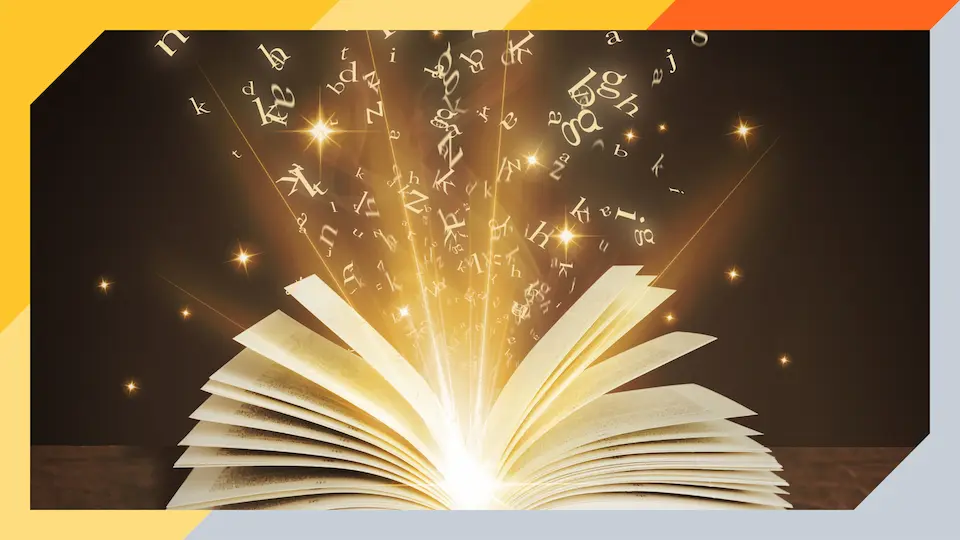
Bards are versatile characters that are capable of fighting using their developed speech skills and vast knowledge of language. The main characteristic of a bard is that they have a way with words and rhythm, such that they can turn them into magic spells.
Proficiencies
- Armor: Light armor.
- Possible Equipment: A rapier, a longsword, any simple weapon, a diplomat’s pack, an entertainer’s pack, a lute, other musical instruments, a dagger, and leather armor.
- Tools: Three musical instruments.
- Saves: Dexterity and charisma.
- Skills: Any three major skills.
Cleric
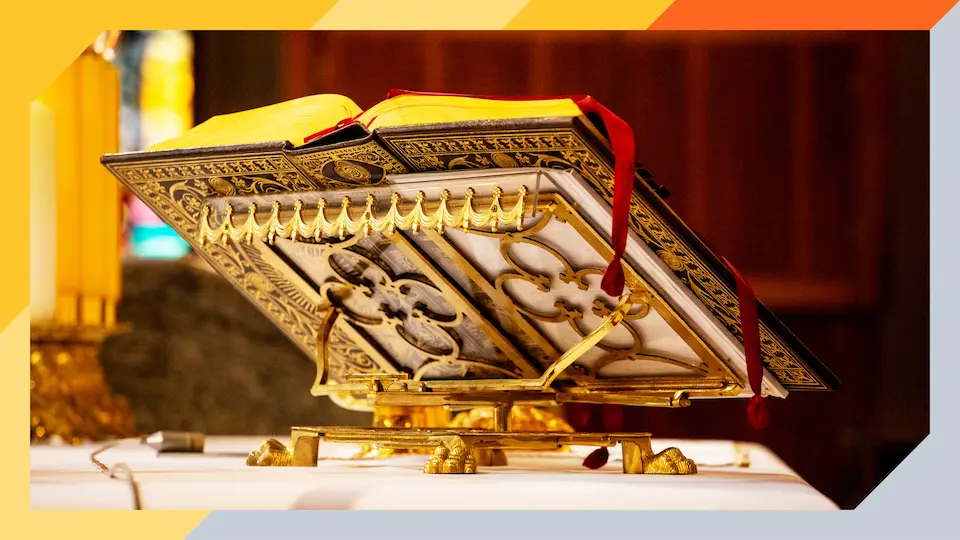
Combining strength and divine magic, Clerics are masters of healing. Characters in this DnD class can control the undead and have powers over life and death, which makes them extremely useful in several situations.
Proficiencies
- Armor: Light and medium armor + shields.
- Possible Equipment: Scale mail, leather armor, chainmail, a mace, a war hammer, a light crossbow, and 20 bolts, any simple weapon, an explorer’s pack, a priest’s pack, a shield, and a holy symbol.
- Tools: None.
- Saves: Charisma and wisdom.
- Skills: Religion, insight, history, medicine, and persuasion (choose two).
Druid

Druids understand nature like no other class does. Like Clerics, they have a way with magic, but their powers don’t work against the undead. However, their spells are effective against nature to the extent that Druids can actually change into various types of animals and are so popular that even Diablo 4 made a Druid class.
Proficiencies
- Armor: Light and medium armor + shields (armor and shields can’t be made of metal).
- Possible Equipment: Leather armor, a druidic focus, an explorer’s pack, any simple melee weapon, a scimitar, a wooden shield, any simple weapon.
- Tools: Herbalism toolkit.
- Saves: Intelligence and wisdom.
- Skills: Animal handling, arcana, medicine, insight, religion, nature, survival, and perception (choose two).
Fighter
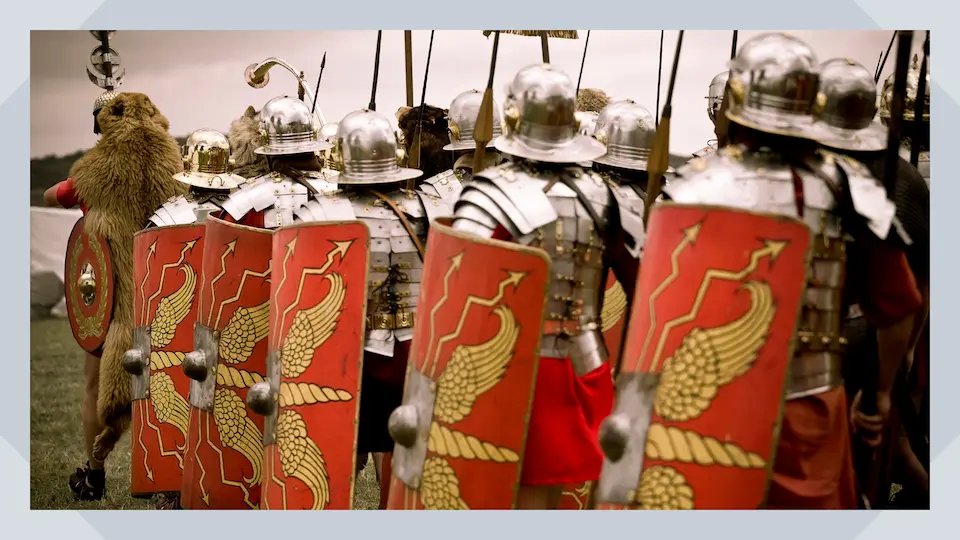
Fighters can come from a variety of backgrounds, including former soldiers, adventurers, bodyguards, and bandit kings. However, the one thing that links them all is the ability to fight. This means they’re great in a PVP scenario if you do have to confront or deliver damage. These characters are hardy, strong, tactical, and skilled with weapons.
Proficiencies
- Armor: All armor and shields
- Possible Equipment: Chainmail, leather armor, longbow, and 20 arrows, a light crossbow and 20 bolts, two-handed axes, a martial weapon and a shield, two martial weapons, a dungeoneer’s pack, and an explorer’s pack.
- Tools: None.
- Saves: Constitution and strength.
- Skills: Acrobatics, athletics, history, animal handling, perception, insight, intimidation, and survival (choose two).
Monk

Monks are skilled fighters with a mystical edge. You should see these characters as disciples of discipline. Introverted and not necessarily physically imposing. However, they can be deadly thanks to their apparent connection to another realm.
Proficiencies
- Armor: None
- Possible Equipment: Darts, an explorer’s pack, a dungeoneer’s pack, any simple weapon, and a short sword.
- Tools: Any artisan’s tools or musical instruments.
- Saves: Dexterity and strength.
- Skills: Athletics, insight, religion, acrobatics, history, and stealth.
Paladin
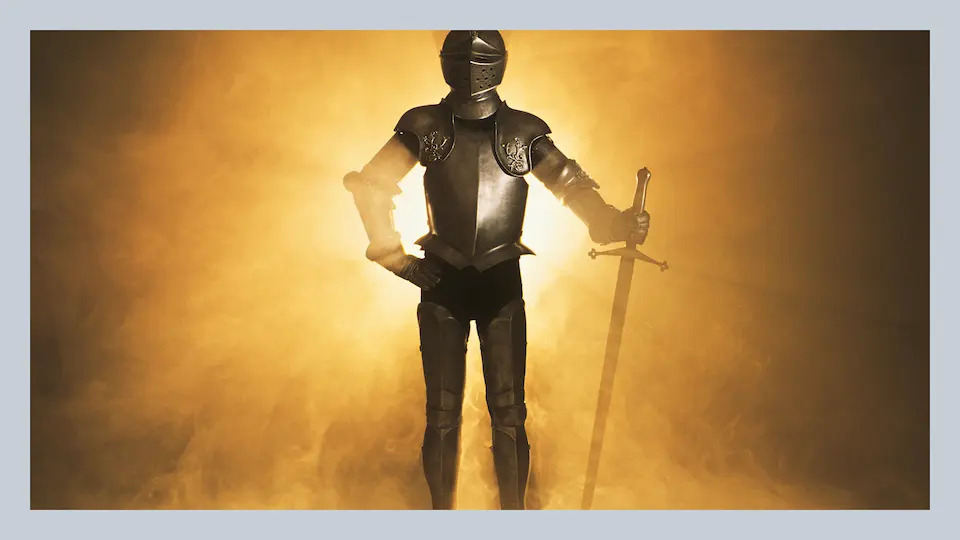
Paladins are a DdD class bound by honor and morality. They are, in essence, knights of the realm who are skilled fighters and spellcasters and they can complement almost any team with their presence. However, they must always keep on the right side of good and uphold justice at all times.
Proficiencies
- Armor: All armor and shields.
- Possible Equipment: Chainmail and a holy symbol, an explorer’s pack, a priest’s pack, two martial weapons, a martial weapon, a shield, any simple melee weapon, and five javelins.
- Tools: None.
- Saves: Wisdom and charisma.
- Skills: Intimidation, athletics, medicine, insight, religion, and persuasion.
Ranger
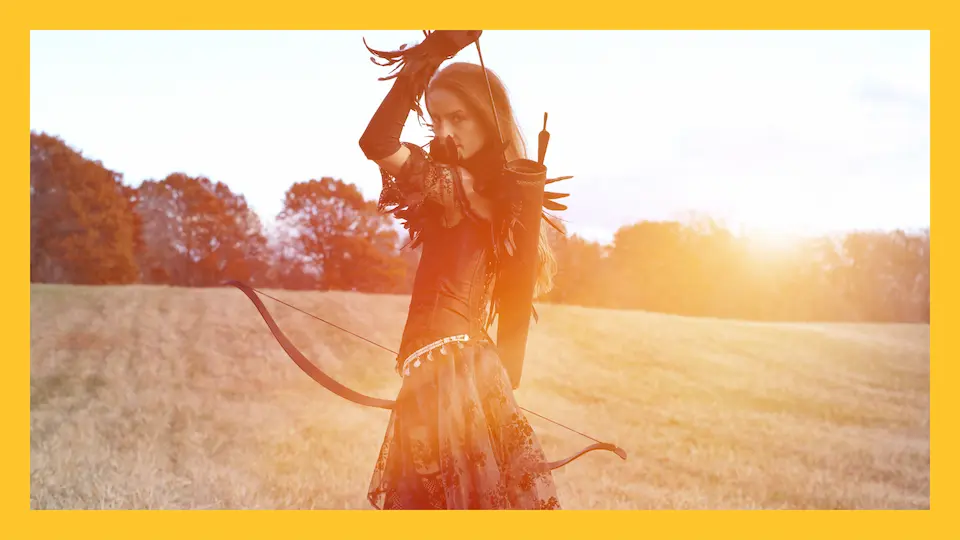
Rangers are hunters and skilled with an ax. Their skills are honed through a life of stalking prey and hunting in wooded areas, meaning they’re experts in combat situations. Rangers are reclusive and not necessarily mystical, but they do have an affinity with nature.
Proficiencies
- Armor: Light and medium armor + shields
- Possible Equipment: A longbow and a quiver of 20 arrows, scale mail, leather armor, two short swords, two simple melee weapons, a dungeoneer’s pack, and an explorer’s pack.
- Tools: None.
- Saves: Strength and dexterity.
- Skills: Stealth, Athletics, animal handling, investigation, insight, perception, nature, and survival.
Rogue
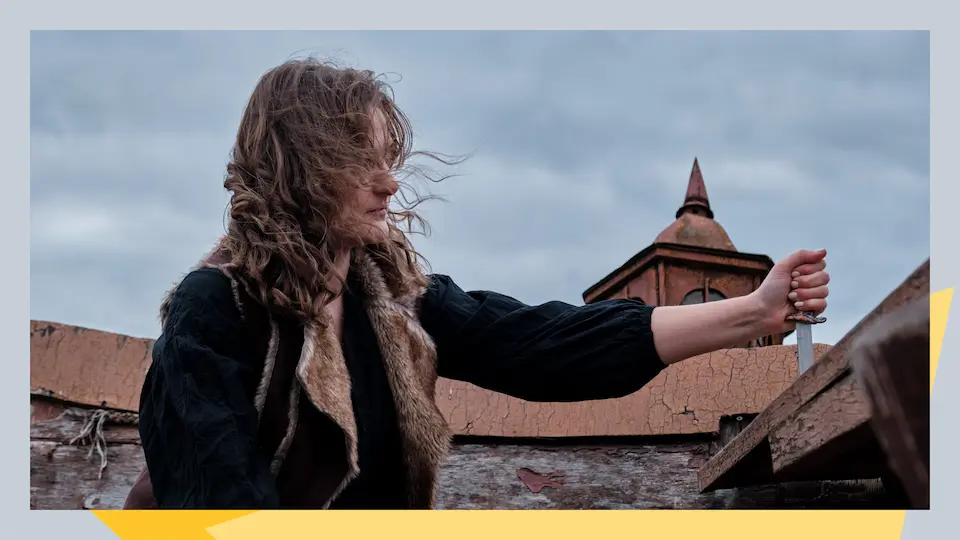
The Rogue was an official base class from the Player’s Handbook in early editions of Dungeons & Dragons. As you’d expect, the Rogue doesn’t play by the rules. They are stealthy and skilled.
Their main talents include finding and disarming traps, picking locks, and taking out unsuspecting opponents with sneak attacks.
Proficiencies
- Armor: Light.
- Possible Equipment: Leather armor, two daggers, thief’s tools, an explorer’s pack, a burglar’s pack, a dungeoneer’s pack, a short sword, a short bow, a quiver of 20 arrows, and a rapier.
- Tools: Thief’s toolkit.
- Saves: Dexterity and intelligence.
- Skills: Stealth, sleight of hand deception, performance, insight, acrobatics, persuasion, intimidation, investigation, perception, and athletics.
Sorcerer
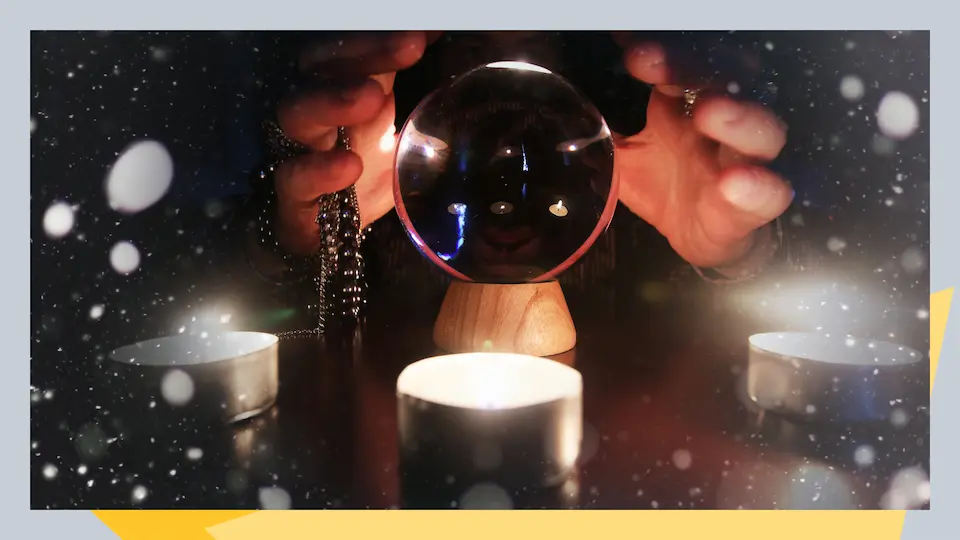
The sorcerer may falter in a physical confrontation, but they’re experts in magic. Specifically, they’re masters of arcane magic, meaning they can control the elements and sometimes even more. That puts them among the most powerful DnD classes.
Proficiencies
- Armor: None.
- Possible Equipment: Two daggers, a light crossbow and 20 bolts, any simple weapon, a component pouch, an arcane focus, an explorer’s pack, and a dungeoneer’s pack.
- Tools: None.
- Saves: Charisma and constitution.
- Skills: Arcana, intimidation, religious deception, insight, and persuasion.
Warlock
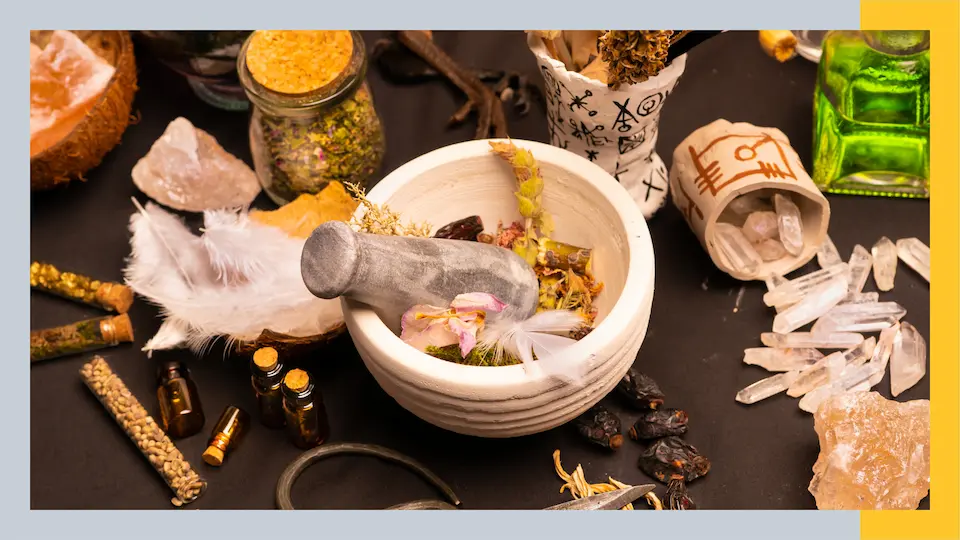
Warlocks were initially introduced as a non-core base class that practiced arcane magic. However, as Dungeons & Dragons evolved, they became the main class. Warlocks have magical powers endowed to them by supernatural beings such as demons.
The defining feature of a Warlock is that they can use their magic at will and without limit.
Proficiencies
- Armor: Light armor.
- Possible Equipment: A dungeoneer’s pack, a scholar’s pack, an arcane focus, a component pouch, any simple weapon, a light crossbow and 20 bolts, leather armor, and two daggers.
- Tools: None.
- Saves: Wisdom and charisma.
- Skills: Arcana, history, deception, investigation, intimidation, religion, and nature.
Wizard
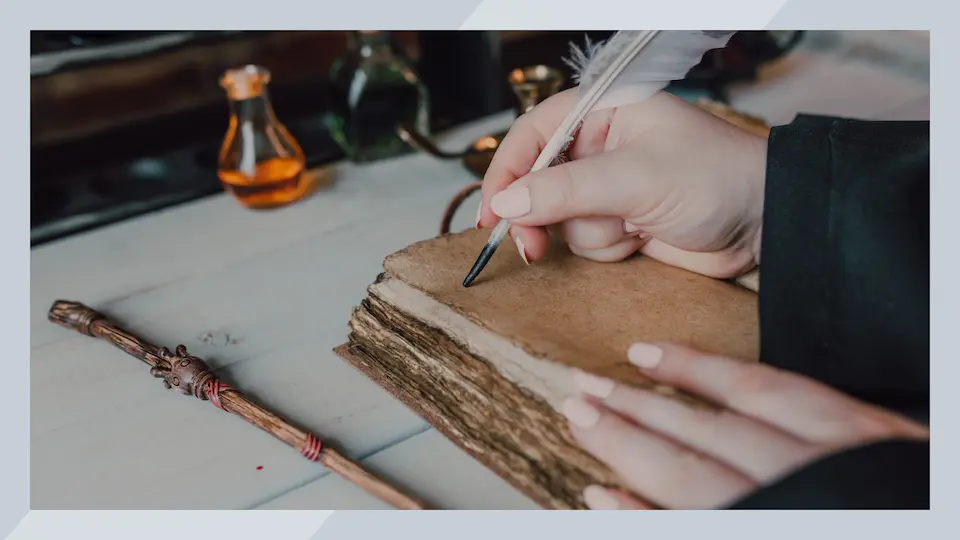
Wizards won’t be much use in a fight if weapons are the key to victory. However, if spells are required, few can match this character class. Unlike other magic-based DnD classes, Wizards cast their spells based on acquired knowledge.
In other words, they build up their repertoire of spells as the game evolves, which means they may start off as fairly weak but gain in strength.
Proficiencies
- Armor: None.
- Possible Equipment: A spell book, an explorer’s pack, a scholar’s pack, an arcane focus, a component pouch, and a dagger.
- Tools: None.
- Saves: Wisdom and intelligence.
- Skills: Arcana, medicine, religion history, insight, and investigation.

How Many DnD Classes Are There?
There are 12 DnD classes, but they aren’t all created equal. Some are rarer, some have better abilities, and some DnD classes are not that popular among players.
When players start a game of DnD, they need to build a character. There are a few main areas that you need to focus on in this process, including race, class, ability, naming, and equipment. There’s a lot of thought that goes into the process, making DnD vastly different from 1v1 games. As the game has evolved, plenty of new DnD classes and races have emerged. However, they all stem from the same 12 main ones.
What is the Best Class to Play in DnD?
Now that you know about all the DnD races and classes, the question is which one to choose? The best DND classes sometimes come down to a matter of opinion, as different player types will be attracted to diverse features.
Many players would agree, though, that wizards are up at the top of the list of DND classes as they have great all-around abilities.
Time to Start Choosing DnD Character Classes?
Hopefully, you’ve now learned everything you need to know about classes DND. Now, we suggest getting some buddies together and trying out a few different DND classes until you find the best one that suits you.


